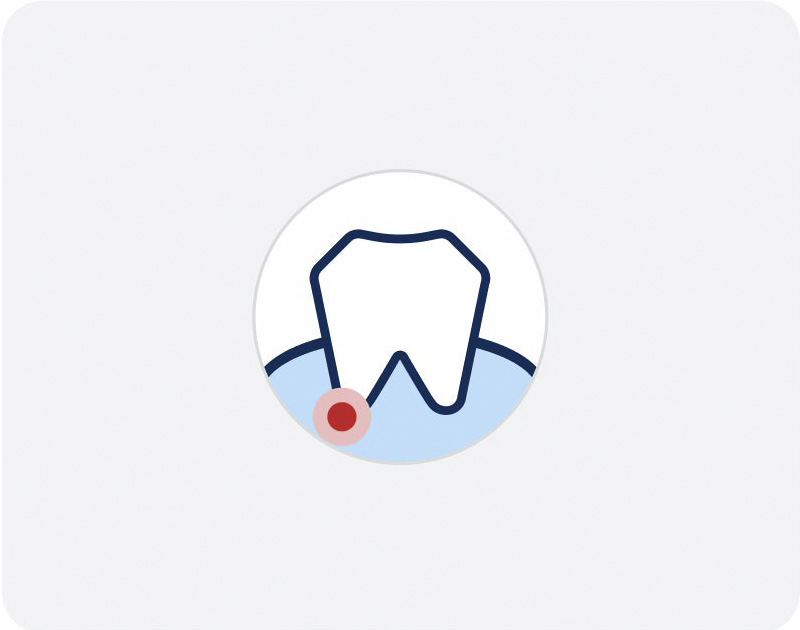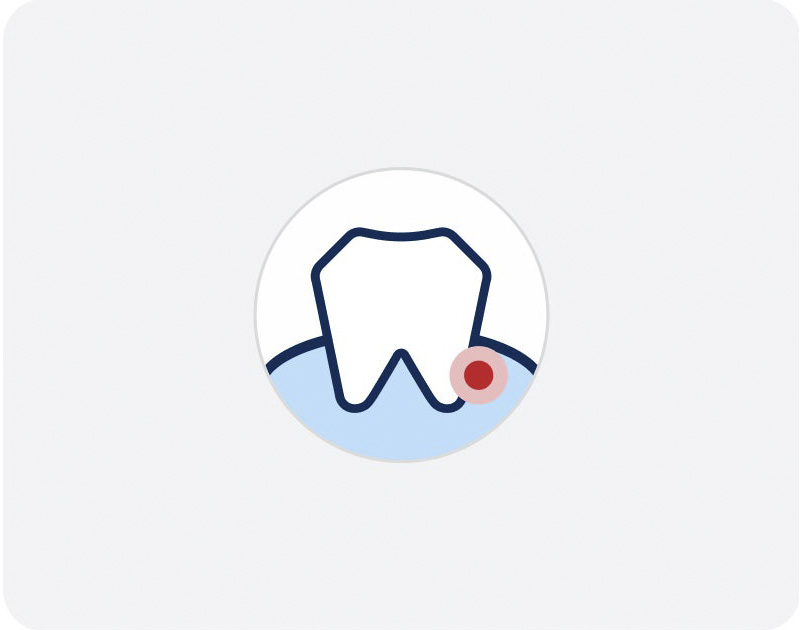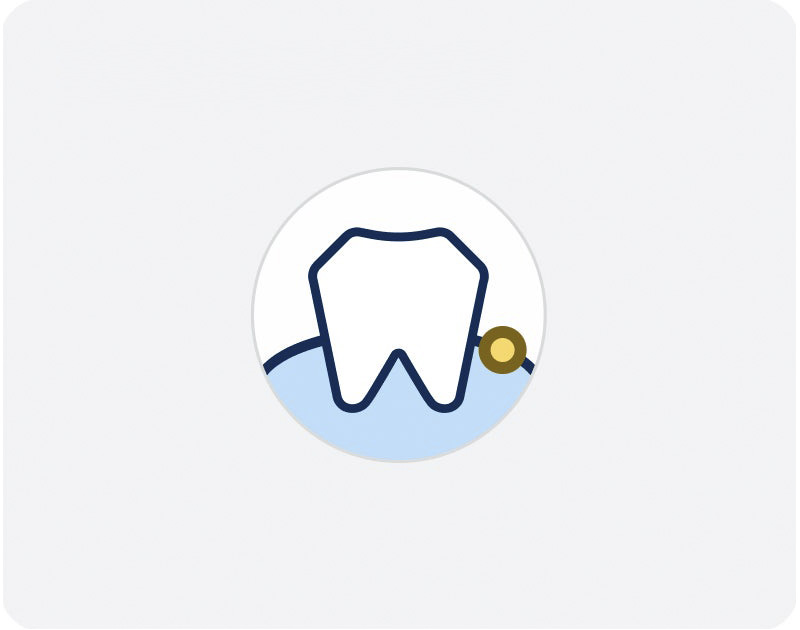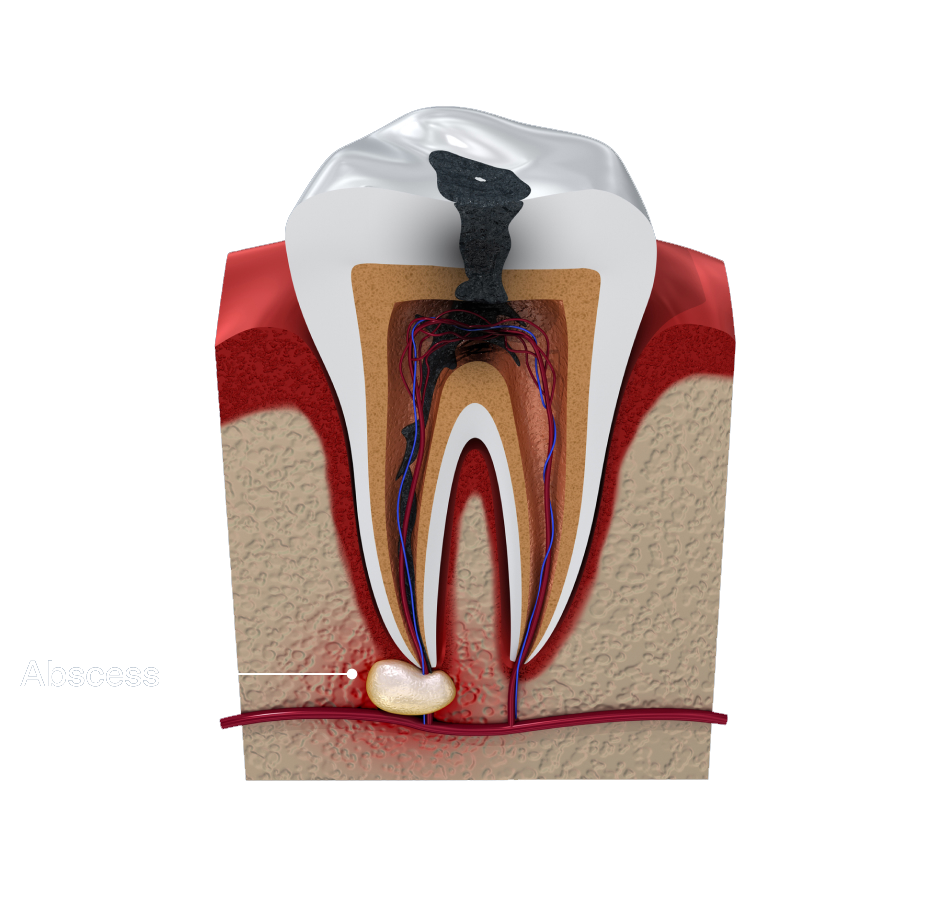Dental abscess: Causes and treatment
Dealing with dental abscess can be painful. When left untreated, dental abscesses threaten overall health.
- Immediate relief and care for symptoms
- Professional dental treatments
- Follow up care and recovery
- Avoid a root canal or abscess

 (737) 747-4646
(737) 747-4646





